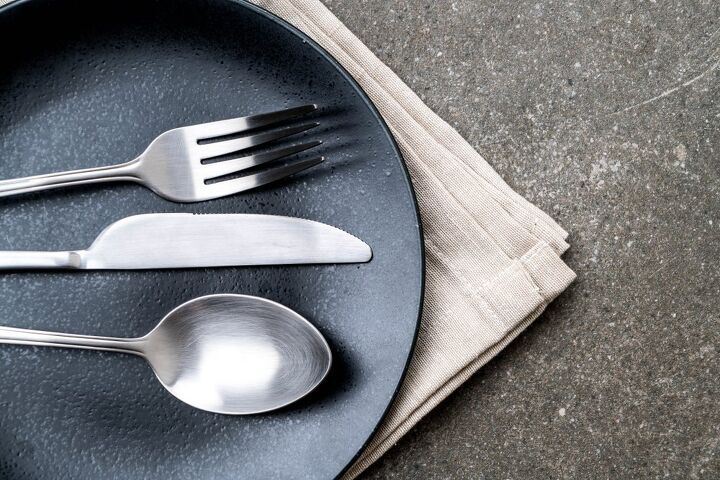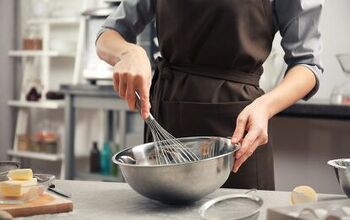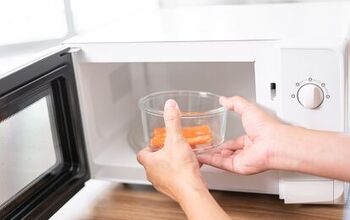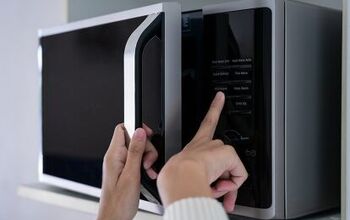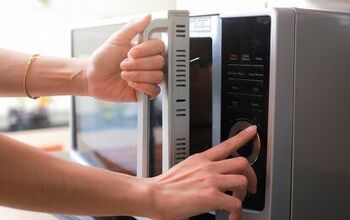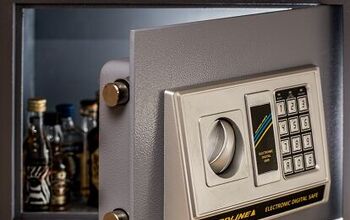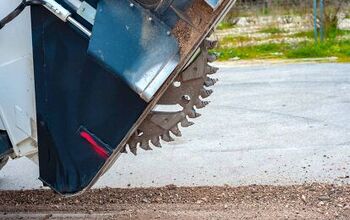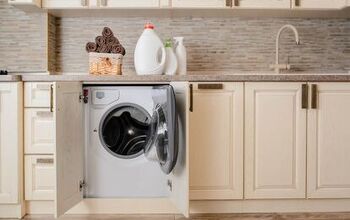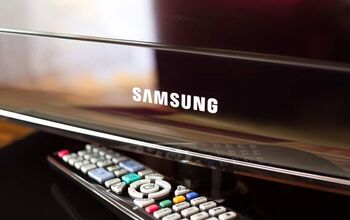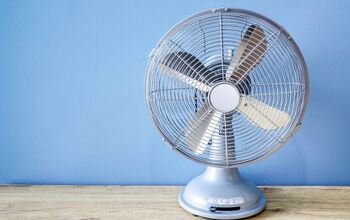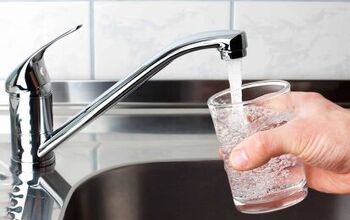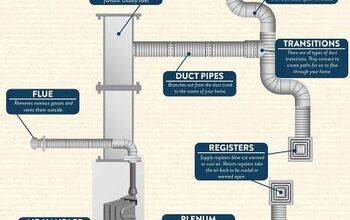Can You Put A Metal Spoon In The Microwave? (Find Out Now!)

On busy mornings, it is easy to forget things like turning your coffee pot off, or leaving spoons in your dish when you put it in the microwave. So, if you’ve already popped your dish (and spoon) in the microwave and started the countdown on the timer, you may want to know: Can you put a metal spoon in the microwave?
As long as your spoon isn’t a thin metal and it doesn’t have any sharp edges, putting a metal spoon in the microwave shouldn’t be a major problem. Spoons don’t cause arcing like some metal objects. Also, the stainless steel material shouldn’t leach chemicals into your food. This doesn’t mean you should start microwaving your spoons, however.
We’ll let you know what can happen if you put a spoon in the microwave and why many metal objects are not microwave-safe.
What Happens if I Put a Metal Spoon in the Microwave?
Most often, nothing will happen if you put a metal spoon in the microwave. Due to a spoon’s smooth round shape, it will most likely not react in the microwave. However, if your spoon touches the side of the microwave, or is in contact with a metal bowl, you may get a first-row seat to your own fireworks show.
If you happen to have forgotten a cheap, thin metal spoon in your dish, (or a pointy grapefruit spoon) you may have a fire on your hands in a short amount of time.
There is really no need to reheat a spoon along with your dish. So, just take your spoon out before your meal goes in the microwave. Also, never heat a spoon in the microwave without food.
Is It Safe to Eat Food That was Microwaved with Metal?
So, what if you are in a rush and forgetfully leave your spoon in the microwave along with your food or tea? Will a spoon leach chemicals into your food like disposable plastic will?
Unless your spoon is made of lead (or some other kind of toxic material), heating a spoon in your food or drink should not cause any serious damage. Stainless steel continues to be food-safe even at high temperatures. So, you can relax and enjoy your food even if you microwaved your spoon in it.
However, you will not want to touch the metal spoon right it goes through the microwave or you could get a nice burn.
Why Does Metal Spark in the Microwave?
You hear that metal can’t go in the microwave, but then the sides of your microwave are metal. So, what’s up? What causes some metals to spark in your microwave?
Microwaves use small radio waves to heat your food. These microwaves act on the water molecules in your meal and create a quick heat so your food is ready faster. For foods that have more liquid on the inside (like a pie or Hot Pocket), you may notice it heats from the inside out. This is why boiling eggs in a microwave can be a dangerous experiment. The egg can explode from so much heated liquid building up rapidly inside the shell.
The thick metal walls of your microwave serve to keep radiation from leaching out of your machine and into the open air. However, when you put another metal object in the middle of these generated waves, it reflects the electromagnetic waves in a different direction. This is what causes the sparks to start flying inside your microwave.
Can Any Piece of Silverware Go In the Microwave?
While not all metal will react in the microwave, you also can’t put just any piece of metal in the microwave.
For example, spoons will not usually cause a problem in the microwave, however, knives and forks are a different story. Both knives and forks have sharp, jagged, and pointy edges, and microwaves don’t like that. If you forget a fork in your dish when you put it in the microwave, you will shortly remember it. Forks and knives can set off the sparks!
So what makes some metals more likely to arc than others? There are a few characteristics that may cause a spark show.
Never put metal in the microwave if:
- The metal is very thin.
- The metal has rough or jagged or pointy edges.
- The surface of the metal is crinkled.
- The metal is painted on or inlaid in the dish.
If your metal is not smooth and rounded, you will easily create sparks or a fire in your microwave. You could also start a fire or burn out the magnetron in severe cases.
Related Questions
Can you use a metal mixing bowl in an oven?
Some metal mixing bowls are safe for use in the oven. You will want to make sure it is either solid stainless steel or has a label that says “oven-safe.” Many mixing bowls have a glued-on handle, or a rubber bottom and will not be safe for the oven. Also, the metal will be very hot to the touch. You will want to wear the proper protection if you use a metal bowl in the oven.
Why would I heat a spoon?
Some people run a spoon under hot water and then put the spoon on a mosquito bite. (Never heat a spoon in a microwave on its own.) Mosquitos inject a bit of protein into your skin when they bite you. However, this protein cannot withstand heat. By putting a hot spoon on your bug bite, you may stop it from itching. Be careful that you don’t apply an overly heated spoon to your skin. You could just end up with a burn instead of a bite!
Can metal transfer heat?
Yes, metal is a good conductor of heat and can transfer heat from one object to another. Copper and aluminum have the most thermal conductivity while steel and bronze have the least. For this reason, copper and aluminum are often used in cookware and heat exchangers. Stainless steel with lower thermal conductivity is often used for thermal travel mugs and silverware.

Alex Praytor is a native Texan who got her degree in English Literature and decided to travel the globe. She finds the architecture and design of homes across cultures fascinating. In her spare time, she visits coffee shops with her family and creates projects for their own home. Alex enjoys sharing tips on how to keep repairs up to date while turning a house into a home.
More by Alex Praytor



